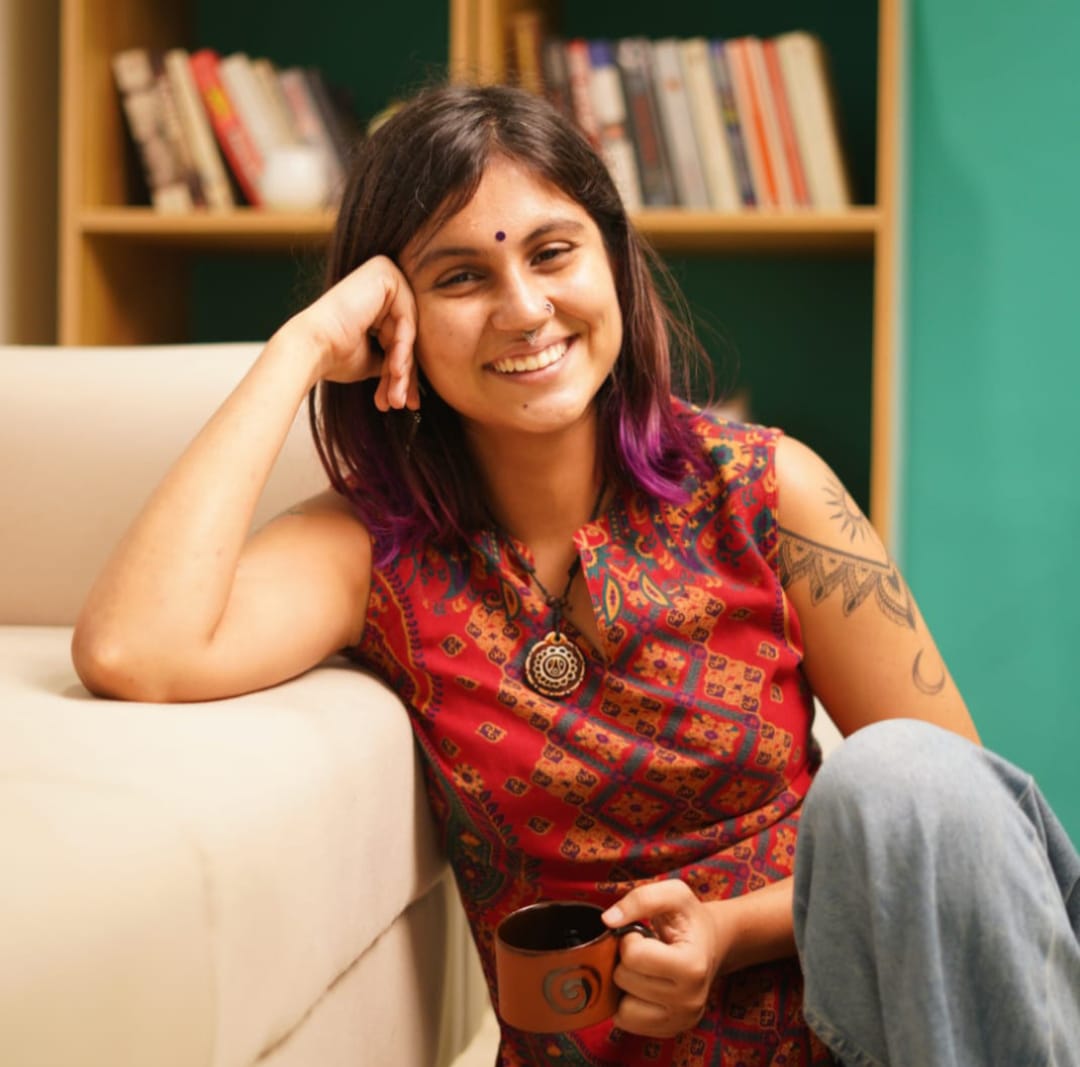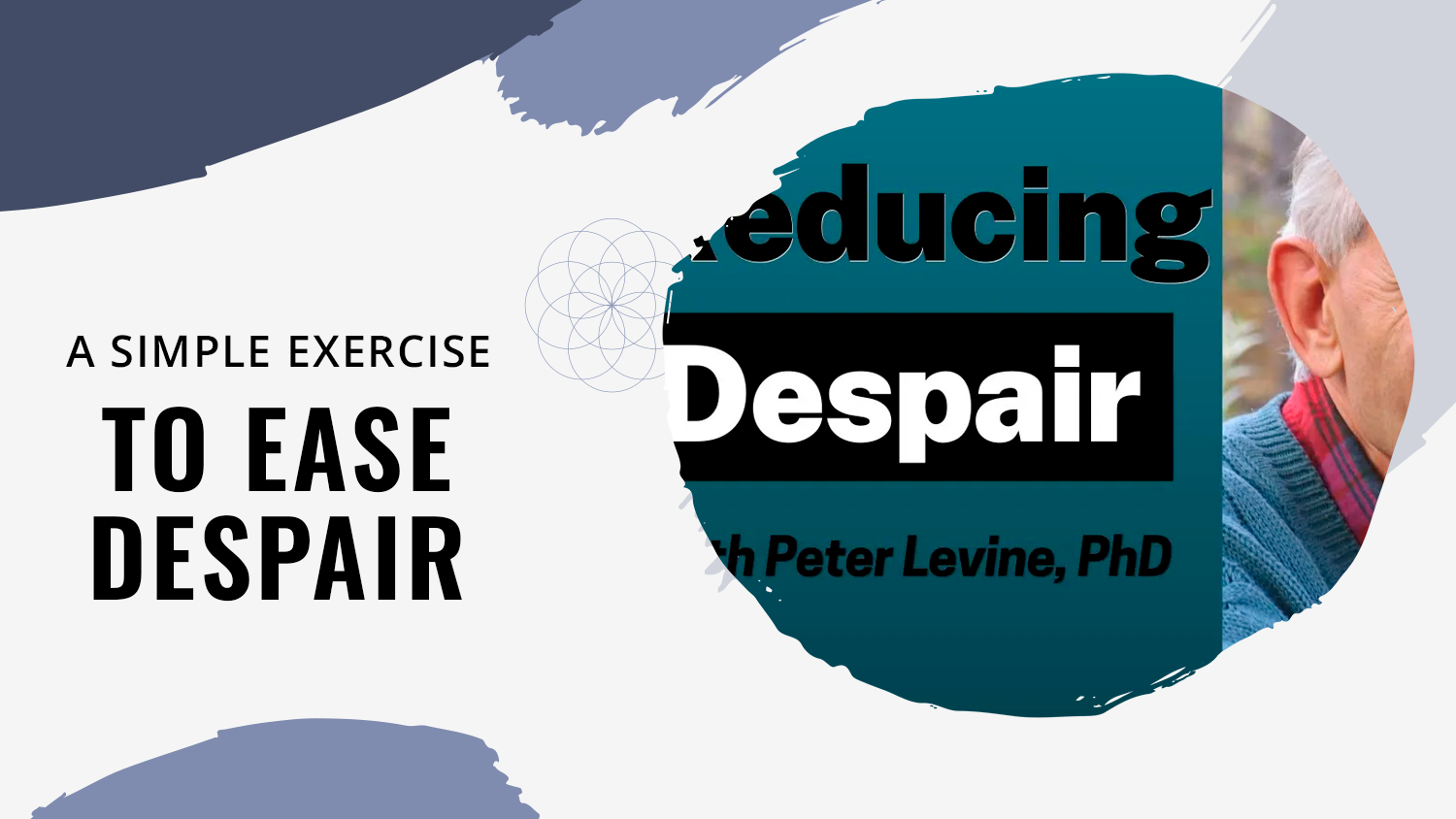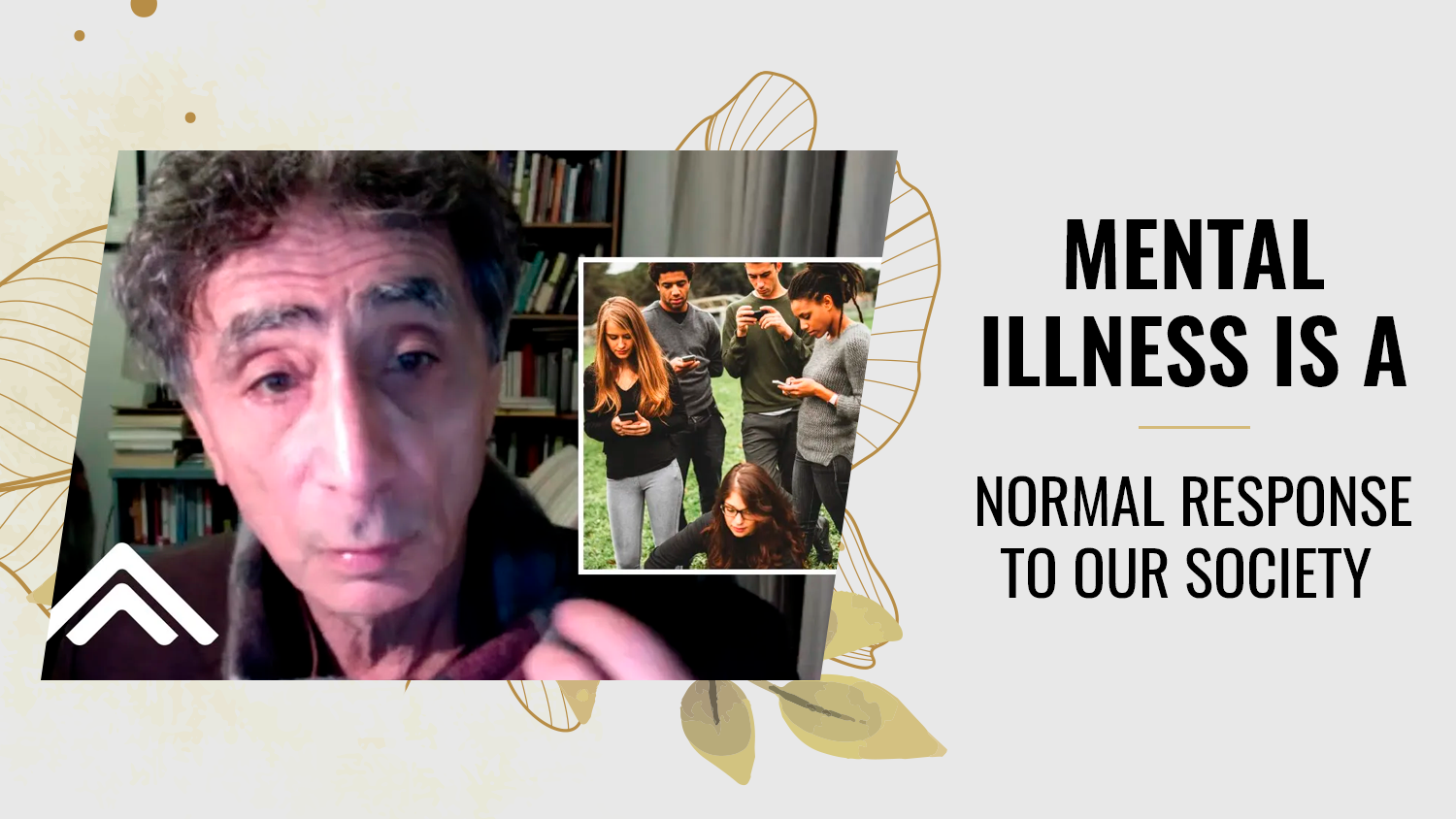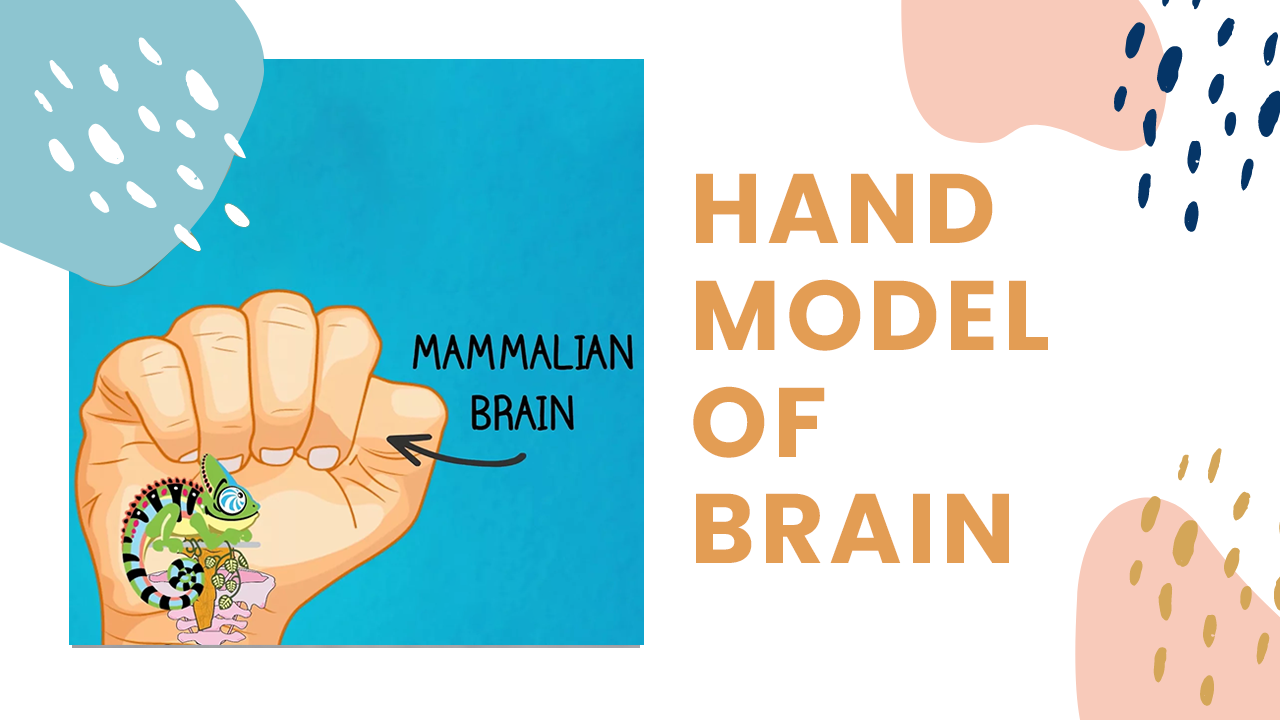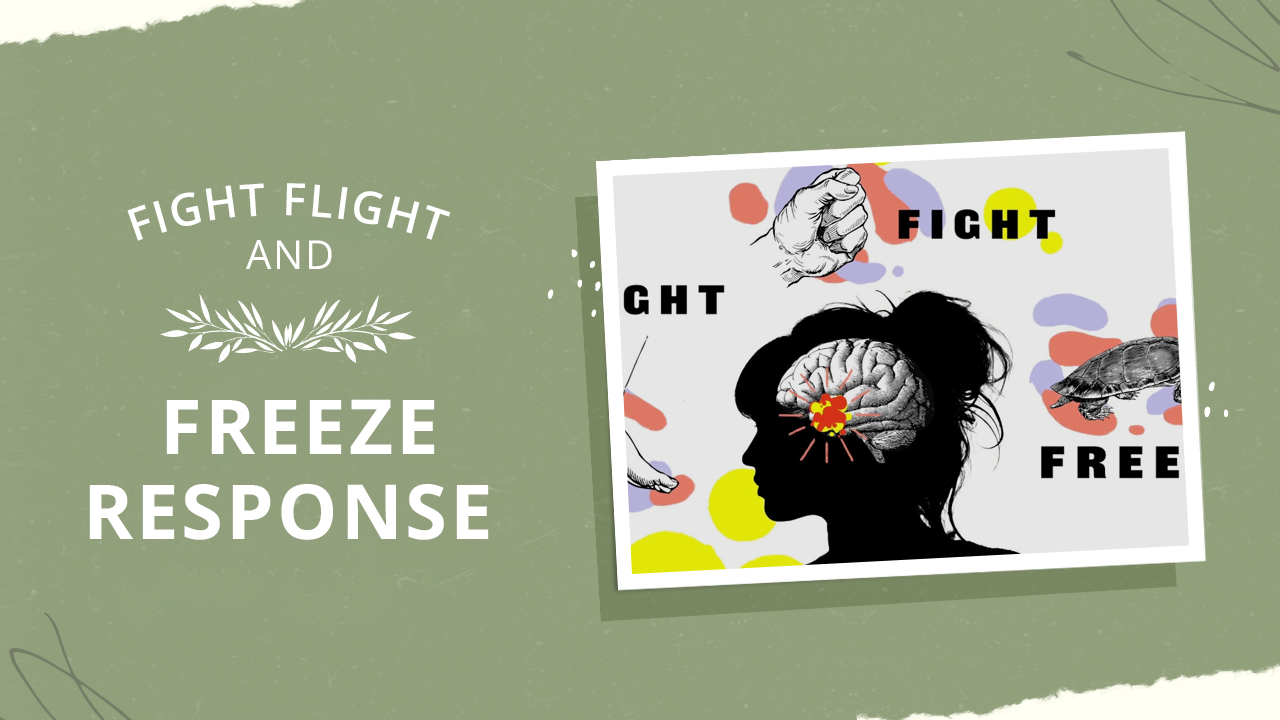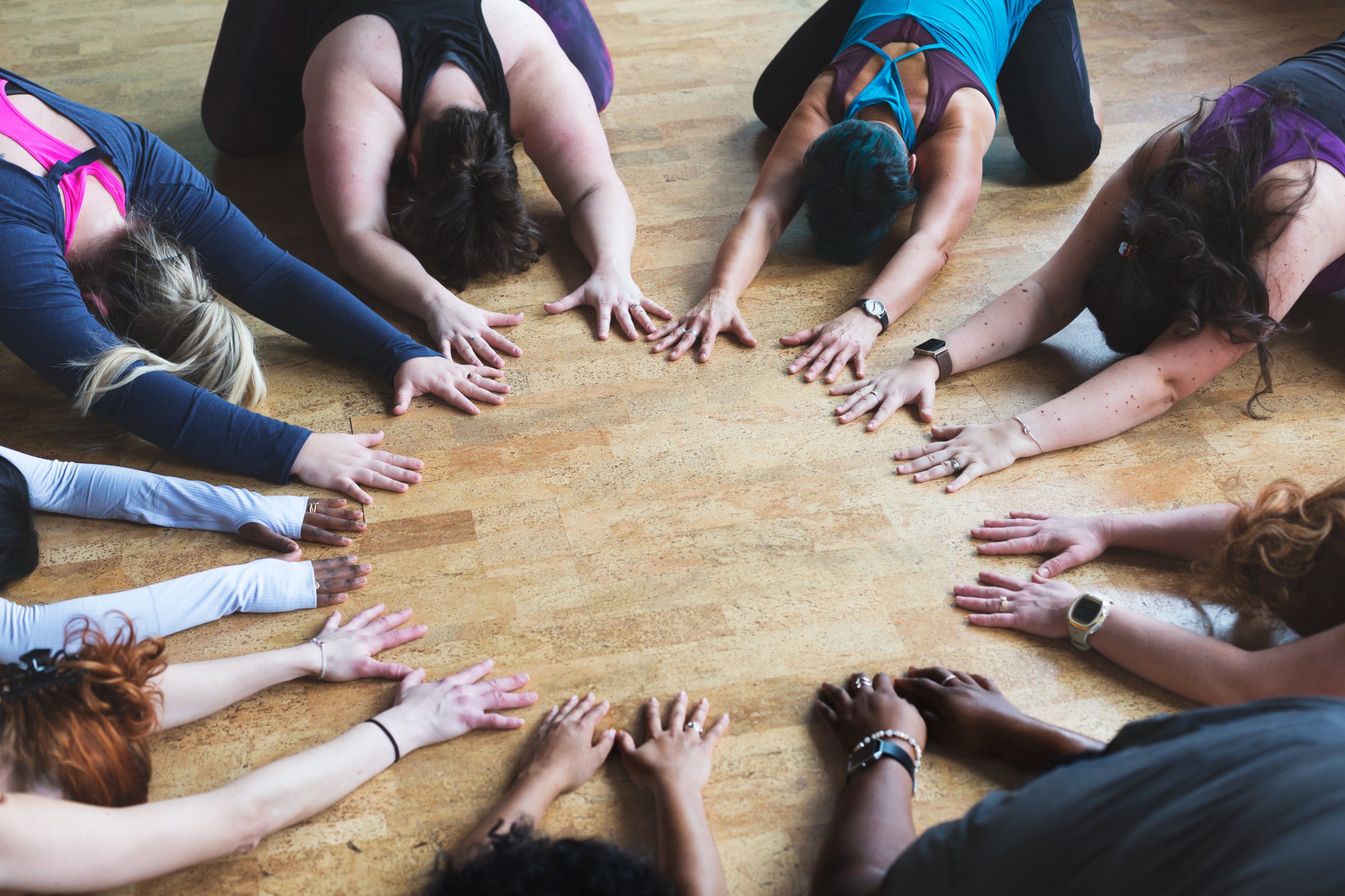- 1:1 somatic + family constellation therapy sessions (online and offline)
- Training and mentorship for therapists (online)
- Group workshops (offline)
- Summer internship for psychology students (offline)
Hi, I’m Ishita Lamba, a somatic trauma-focused therapist and an RCI registered Clinical Psychologist. I offer body-based healing for trauma, stress, and emotional overwhelm. My approach combines somatic therapy, family constellation therapy and nervous system regulation to support deep healing and reconnection with the body and the family system. I have supported 200+ clients with complex trauma, dissociation, and emotional dysregulation, blending science with body-based wisdom. At Santulan, my priority is to honour your pace and your nervous system. Whether you're navigating trauma, highly sensitive, or simply on a path of self-discovery—you’re welcome here!

